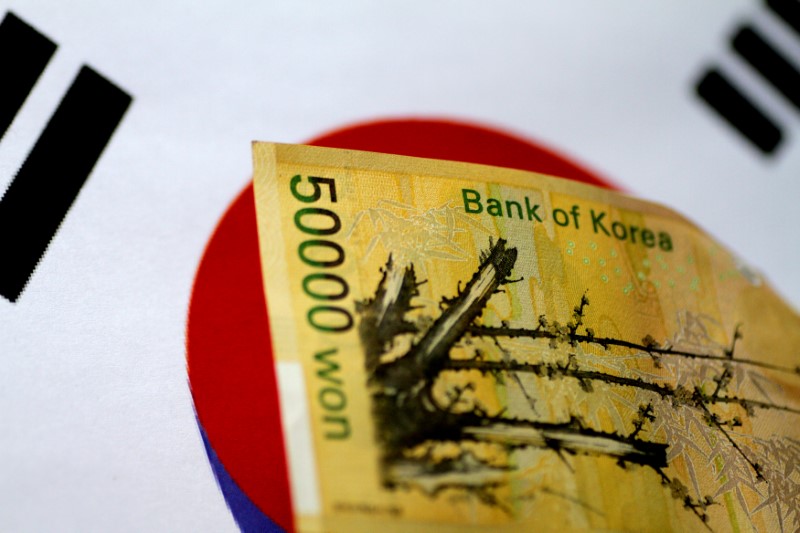Asian Currencies Drift Lower amid Political Turmoil and Weak GDP Data
Asian currencies took a hit on Wednesday, with the South Korean won reaching a two-year low and the Australian dollar falling to a four-month low, amid growing uncertainty over the region’s economic outlook.
The South Korean won fell to 1416.15 won per US dollar after President Yoon Suk-Yeol’s failed attempt to impose martial law, which sparked a political crisis in the country. The move was met with widespread resistance and protests, leading Yoon to revoke the measure within hours. The won’s slide was tempered by the central bank’s emergency interest rate cut and the government’s promise to inject liquidity into the financial system.
Meanwhile, the Australian dollar tumbled to a four-month low, following the release of weak gross domestic product (GDP) data that hinted at a possible rate cut by the Reserve Bank of Australia (RBA) in 2025. The data showed that the country’s economy grew less than expected in the third quarter, leading to increased bets that the RBA will start an easing cycle earlier in 2025.
Other Asian currencies, such as the Japanese yen, Singapore dollar, and Chinese yuan, saw modest gains, while the Indonesian rupiah and Indian rupee were largely unchanged. The Philippine peso and Malaysian ringgit edged lower.
Market participants are awaiting further clarity on interest rates, with the US Federal Reserve set to release its rate decision later in the day. The interest rate decisions are expected to have a significant impact on global markets, particularly in Asia, where currencies are increasingly sensitive to changes in global monetary policy.

